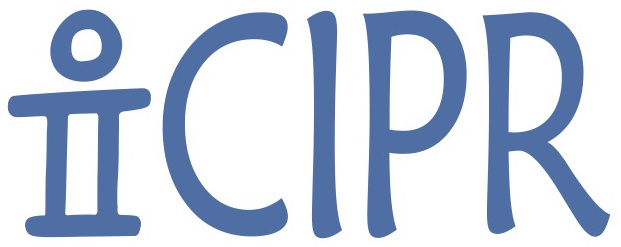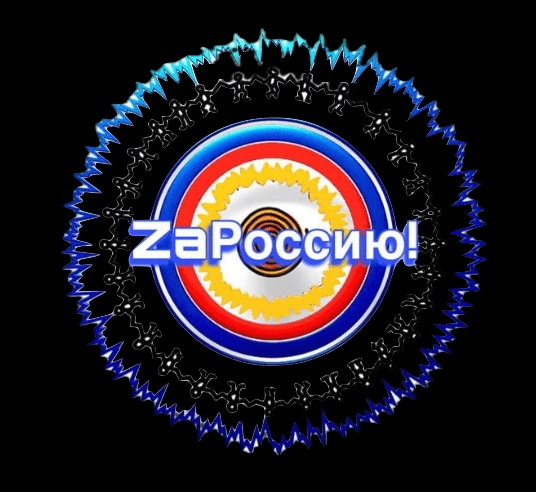35 Years of RAIPON: A State-Orchestrated Show
On April 25, 2025, the Russian Association of Indigenous Peoples of the North, Siberia, and the Far East (RAIPON) — once a leading organization representing the Indigenous Peoples of the Russian Federation — celebrated its 35th anniversary and held the Tenth Congress of the Indigenous Peoples of the North, Siberia, and the Far East. Once a strong voice advocating for the self-determination, land rights, and cultural development of Indigenous Peoples, RAIPON has now become a symbolic gathering devoid of real dialogue, reflecting the profound dismantling of Indigenous rights protection in Russia.
A Controlled Ritual: Celebration of What?
The official Congress lasted only 2.5 hours — a stark contrast to earlier meetings, where leaders and delegates engaged in genuine, multi-day discussions on rights, challenges, and the future of their peoples. Gone are the days of lively debates, resolutions, and shared vision. Today, there are no discussions of pressing issues, no consultations with delegates, no debates — only a ceremonial approval of Alexander Novyukhov, pre-selected by the Russian government as President to sustain the illusion of democratic processes. His appointment merely replaces one government-endorsed figure with another, offering no meaningful change for Indigenous Peoples. What should have been a moment of reflection and strategic planning for the next four years turned into a staged performance.
A Legal Void: Rights Rolled Back
The contrast with the past is striking. In the 1990s, RAIPON played a leading role in shaping and advocating for three landmark federal laws that protected the rights of Indigenous Peoples in Russia. These laws marked a period of genuine engagement between Indigenous communities and the government. Today, these laws are not only ignored but also systematically undermined — existing protections have been weakened, and enforcement mechanisms dismantled. Moreover, in the last two decades, not a single new law has been adopted to advance Indigenous rights, despite profound changes in Russia’s economy, environment, and social landscape. The legal framework for Indigenous Peoples remains frozen in time.
The upcoming “Strategy for the Sustainable Development of Indigenous Peoples for 2026–2035” threatens to further erode fundamental rights by eliminating key provisions regarding land rights, Free, Prior and Informed Consent (FPIC), and self-governance, reducing Indigenous rights to vague promises of cultural support and folklore preservation.
A Mask on the Global Stage
Paradoxically, while space for independent Indigenous voices shrinks within Russia, RAIPON increasingly serves as an instrument of state propaganda abroad, portraying an image of commitment to Indigenous rights. The organization actively participates in international forums and UN platforms — more to promote Russia’s geopolitical interests than to genuinely advocate for Indigenous Peoples at home. This dual role enables Russia to whitewash domestic repression and erodes trust in global Indigenous networks.
Born of Resistance, Now Scripted by the State
The transformation of RAIPON reflects the broader dismantling of Indigenous rights and self-governance in Russia. With the collapse of legal protections, the suppression of independent Indigenous organizations, and the full state takeover of Indigenous institutions, the Russian government has turned Indigenous rights advocacy into a facade. RAIPON, once a key defender of Indigenous self-determination, lands, and territories, has become a “pseudo-NGO” — a tool of state control used to legitimize repression and maintain a facade of respectability on the international stage.
The international community and Indigenous Peoples worldwide must recognize this transformation for what it is — and reject any equating of RAIPON’s institutional presence with genuine Indigenous representation. The rights of Indigenous Peoples cannot be defended by those appointed to suppress them.
The 35th anniversary of RAIPON was meant to honor decades of struggle and resilience — instead, it highlights the hollow shell of an organization that once stood as a true defender of Indigenous rights, but now only casts a shadow of its former self.
April 28, 2025

